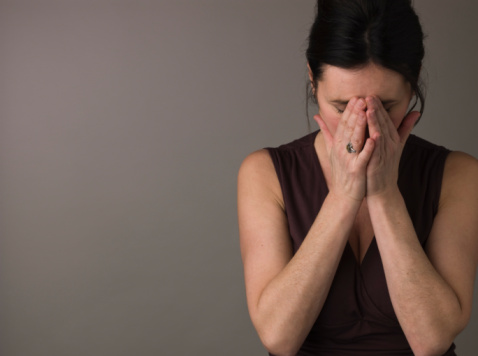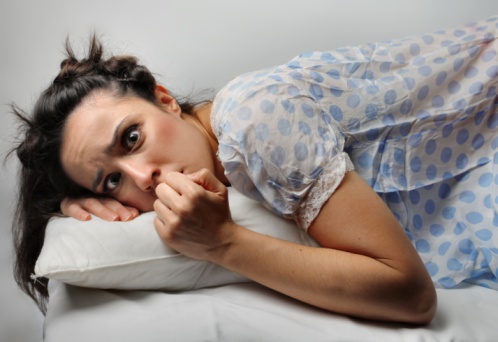Depression symptoms don’t vary between seasons
Researchers have found that depression symptoms do not vary between the changes of seasons. Senior author, Steven LoBello, said, “In conversations with colleagues, the belief in the association of seasonal changes with depression is more-or-less taken as a given and the same belief is widespread in our culture. We analyzed the data from many angles ...click here to read more














